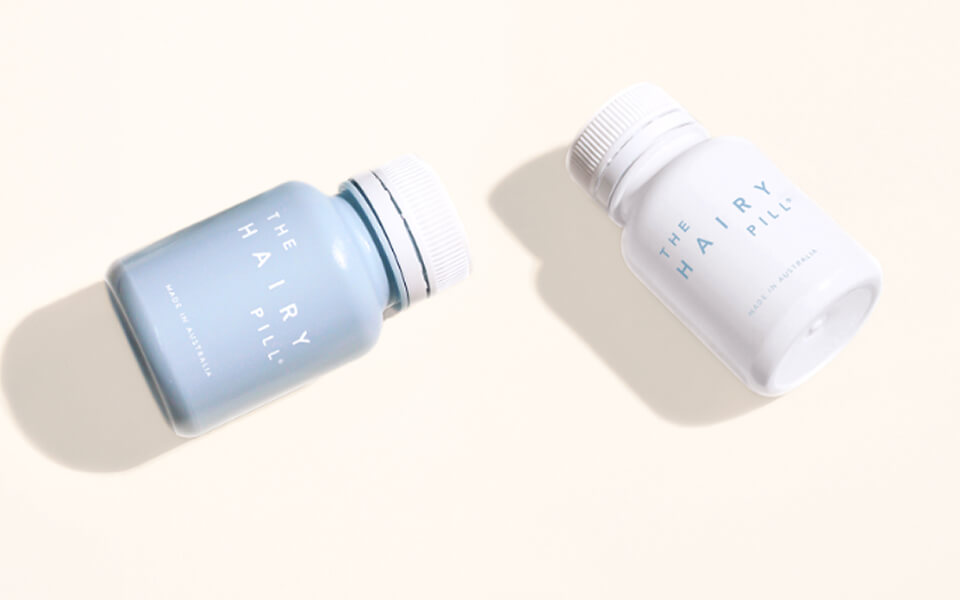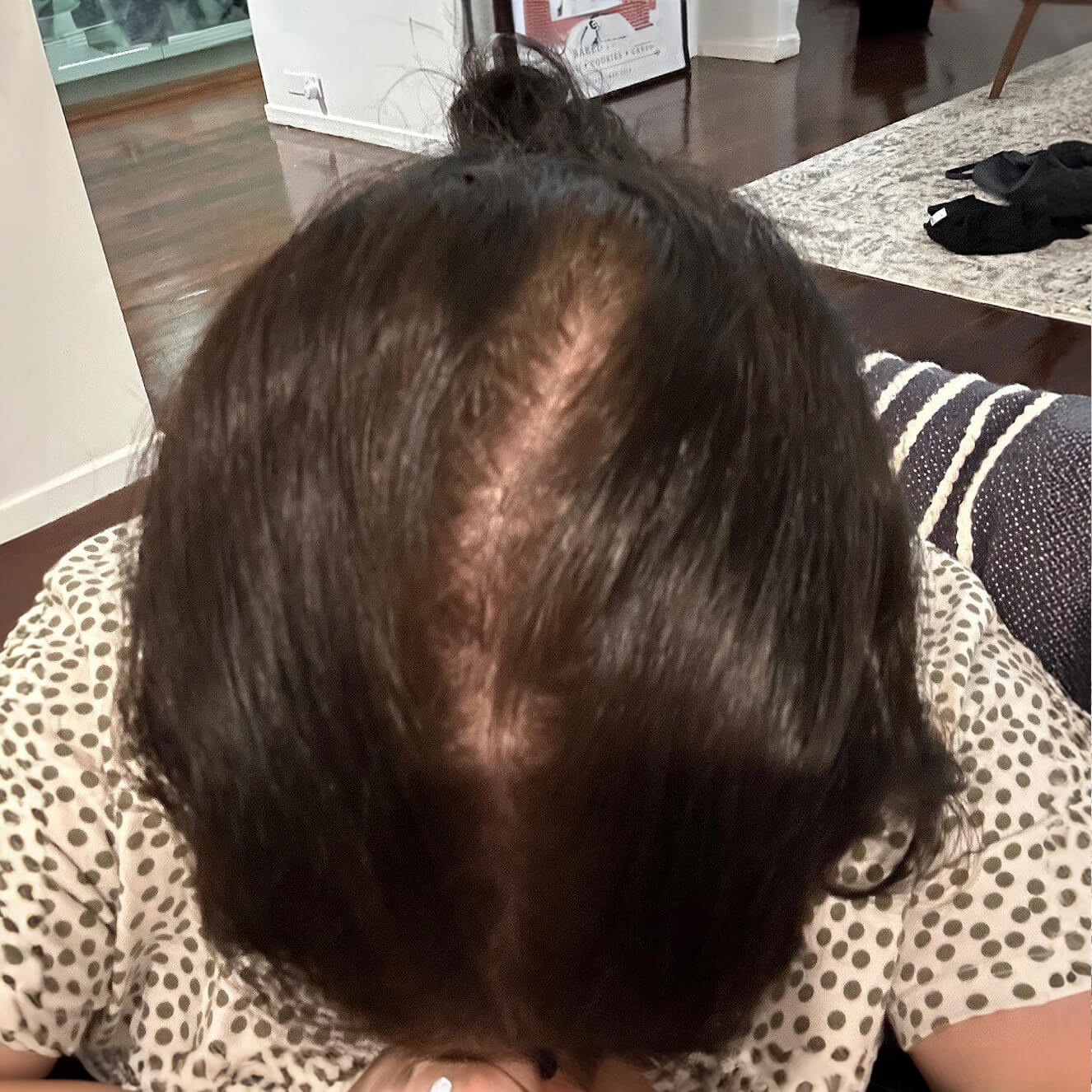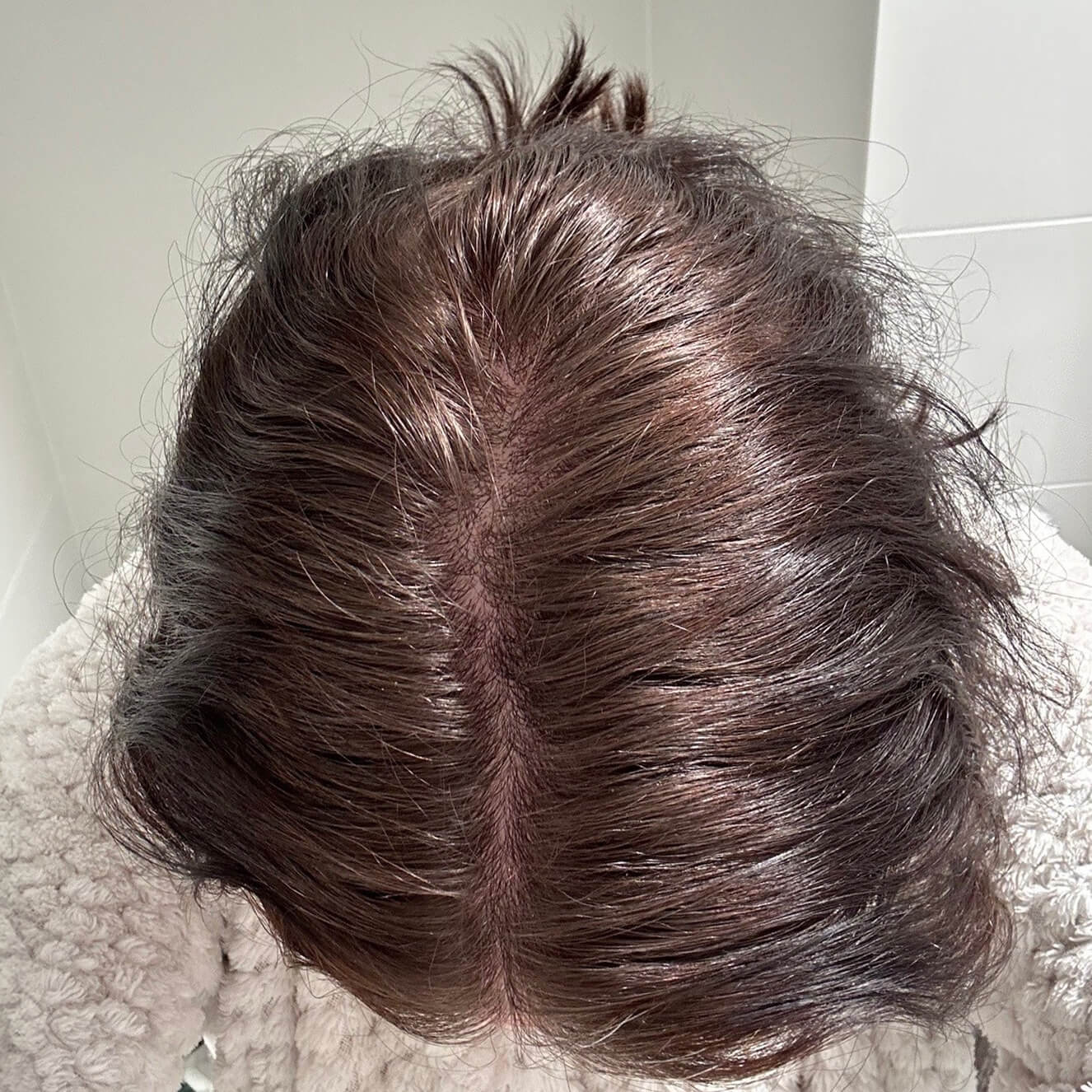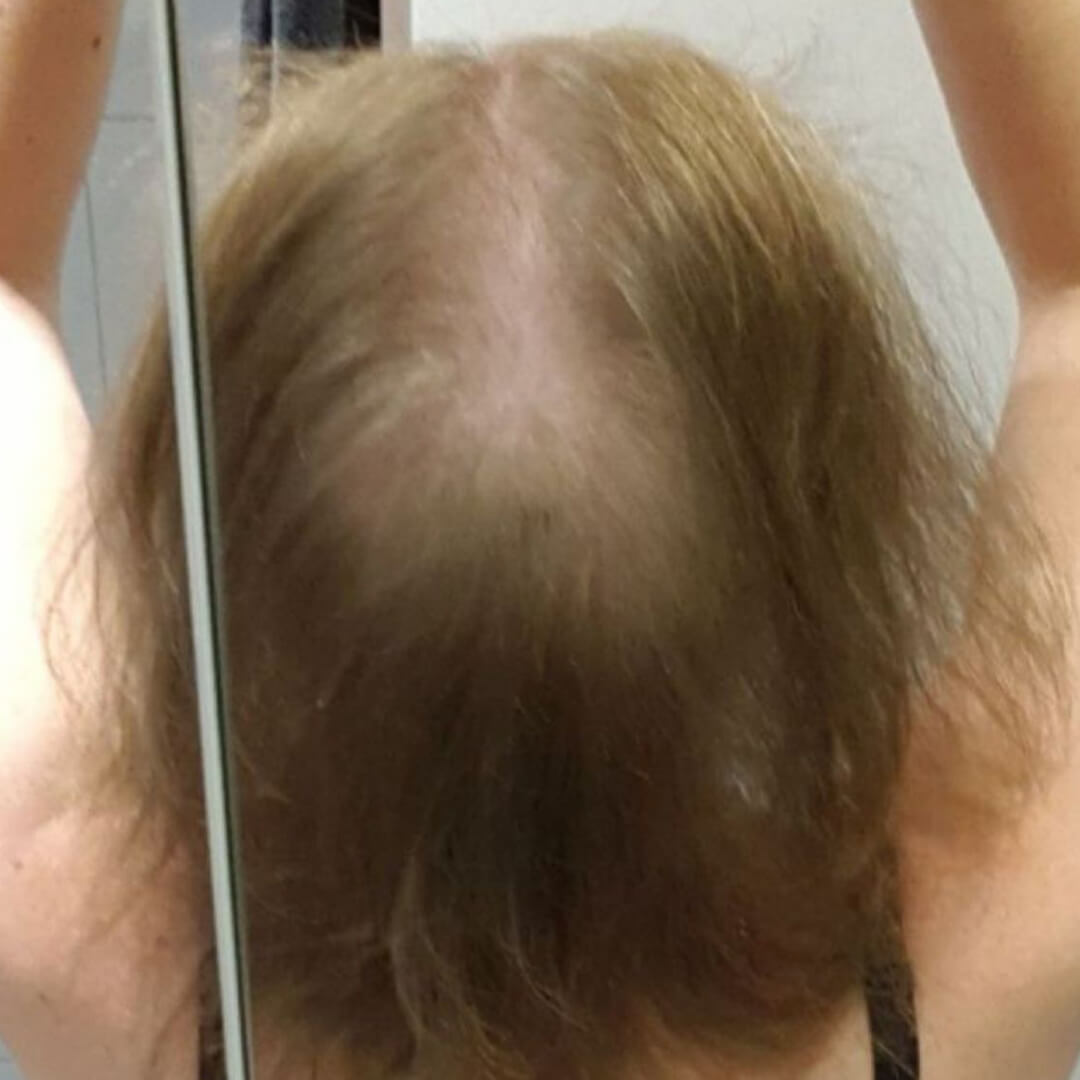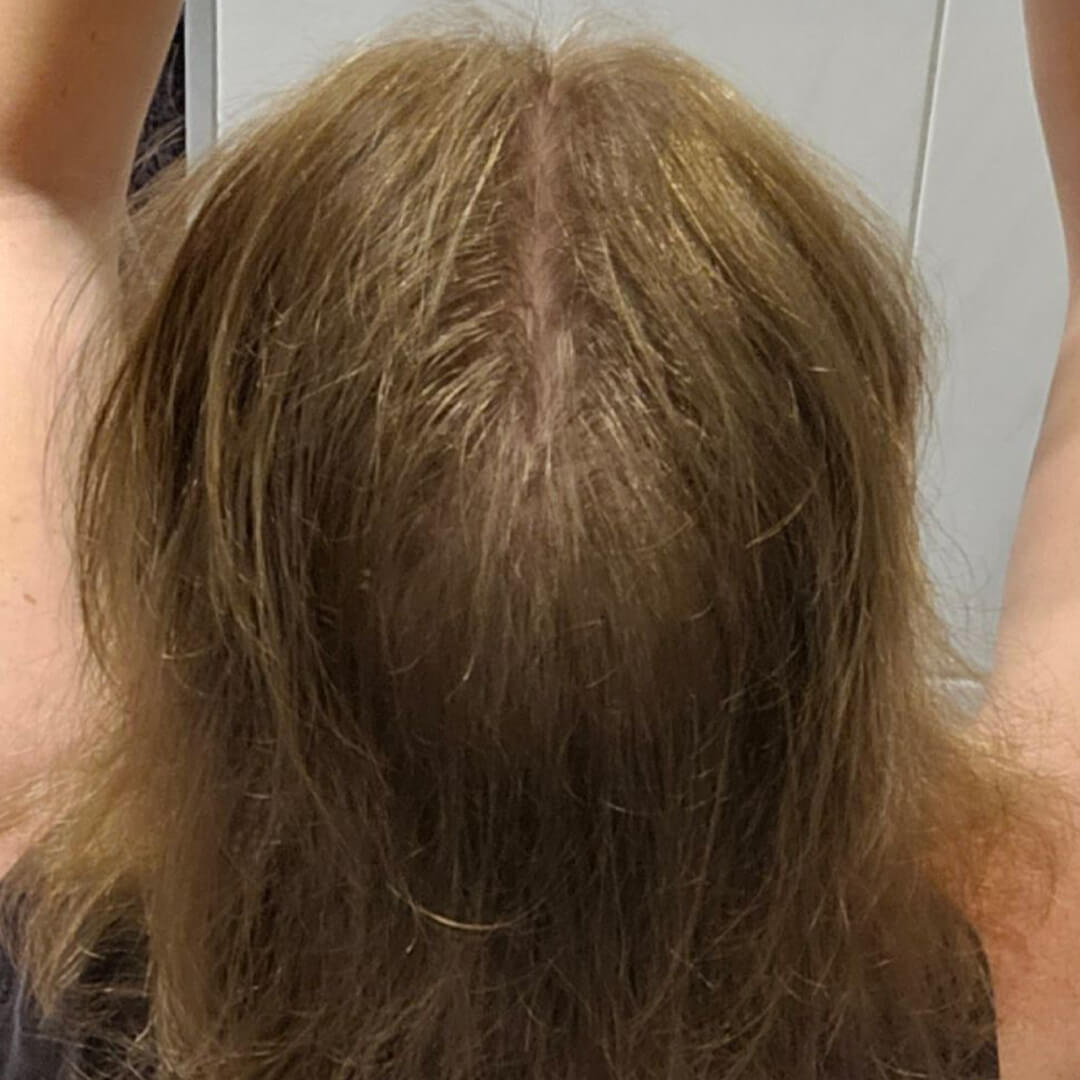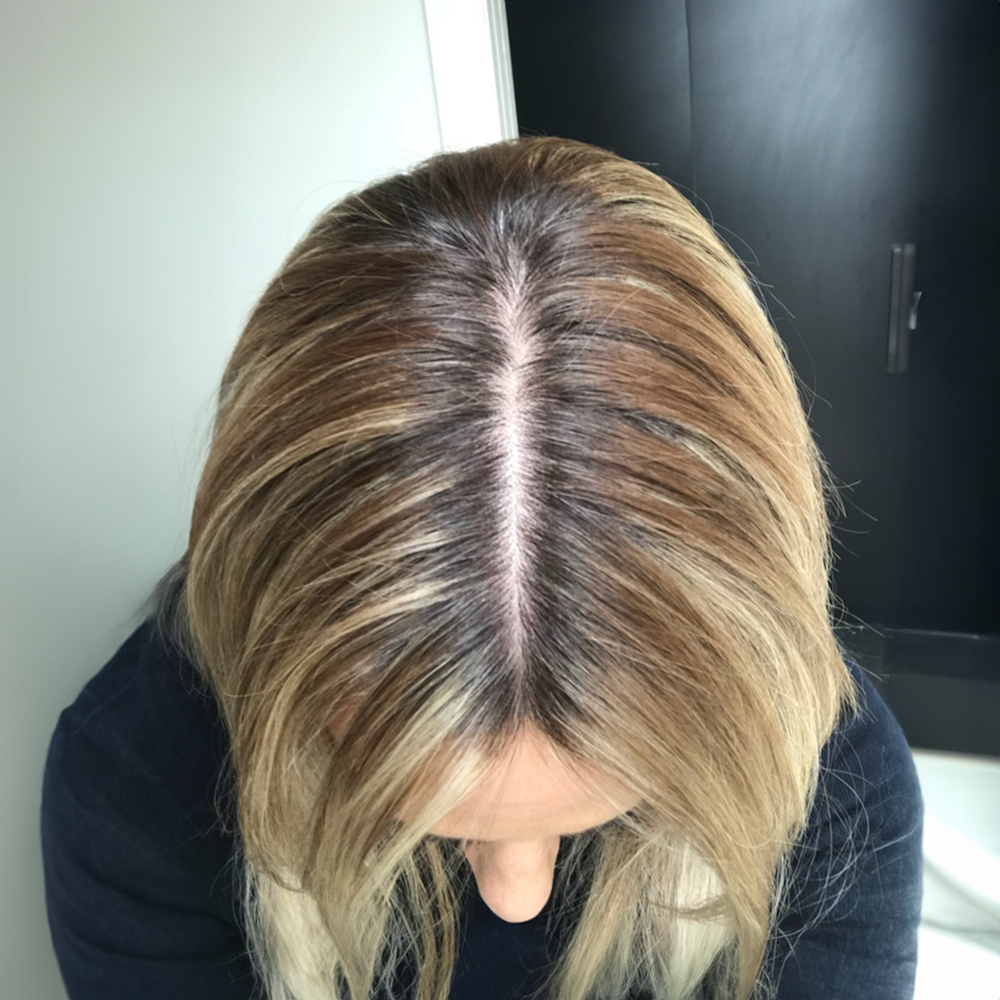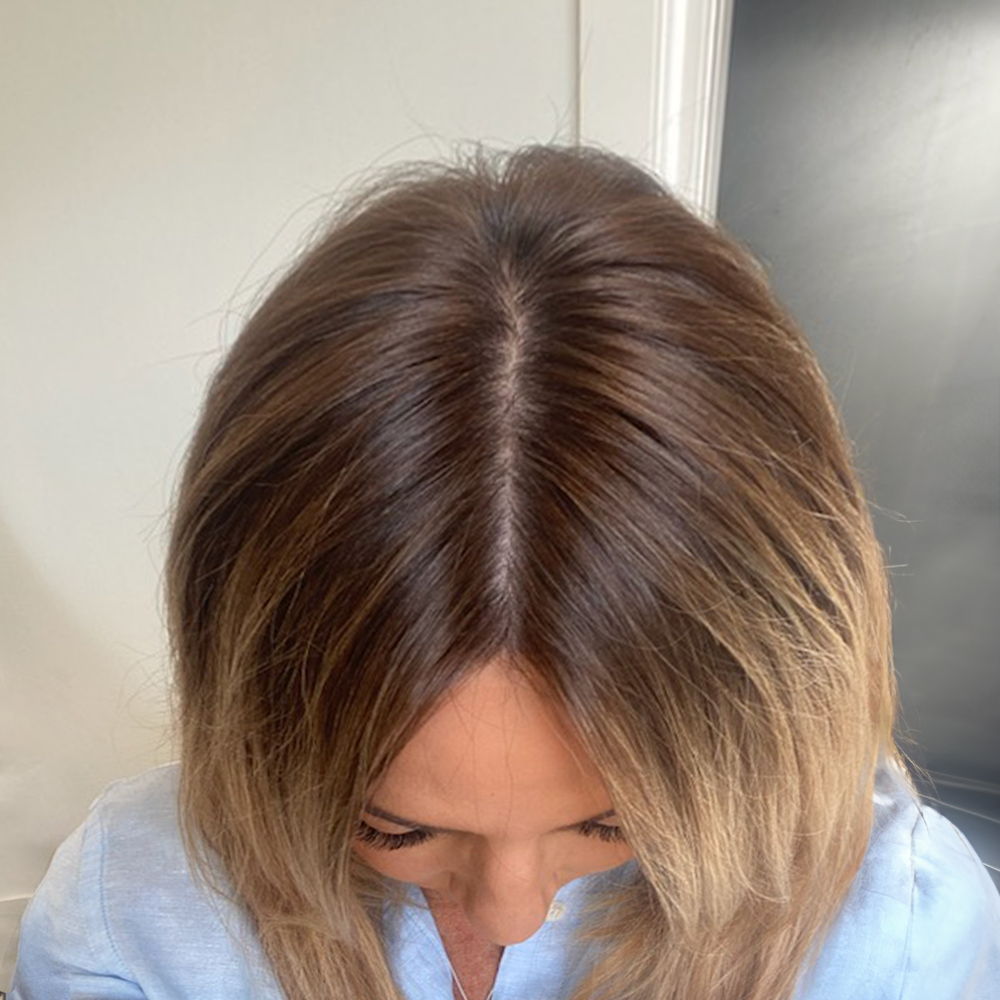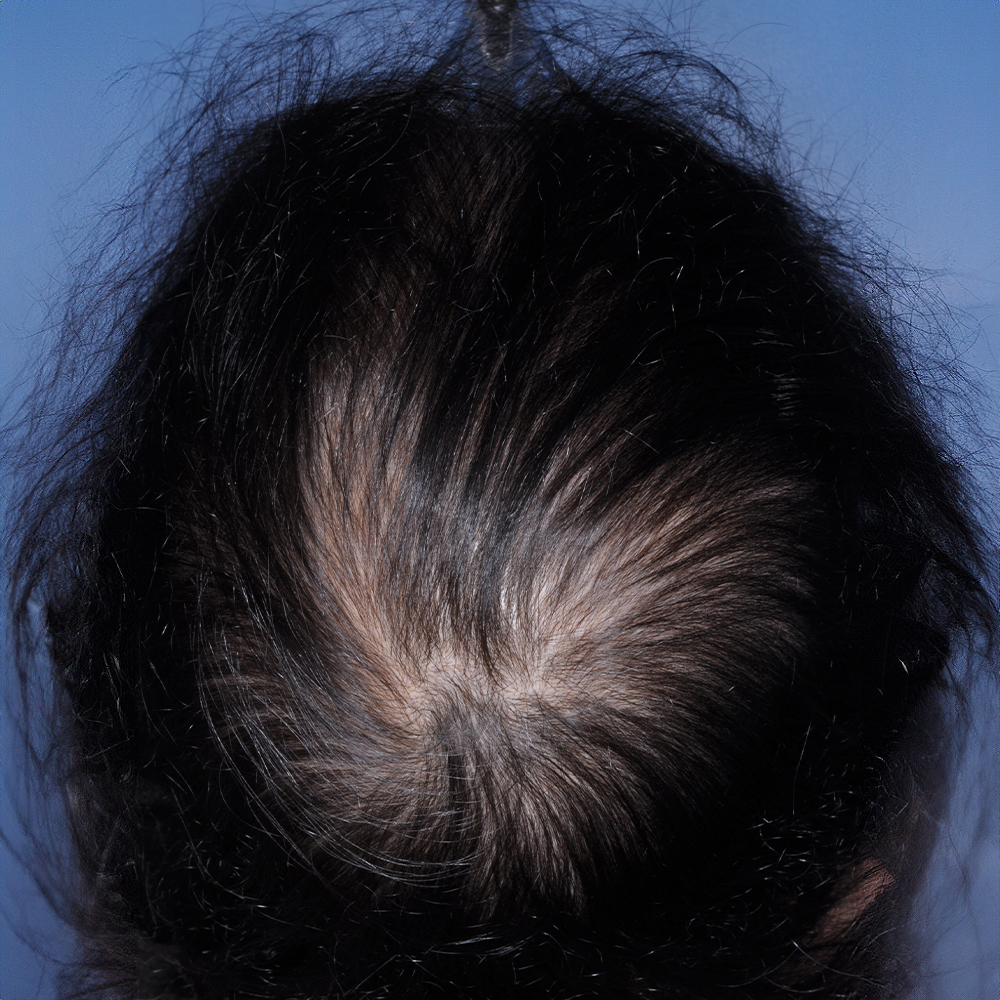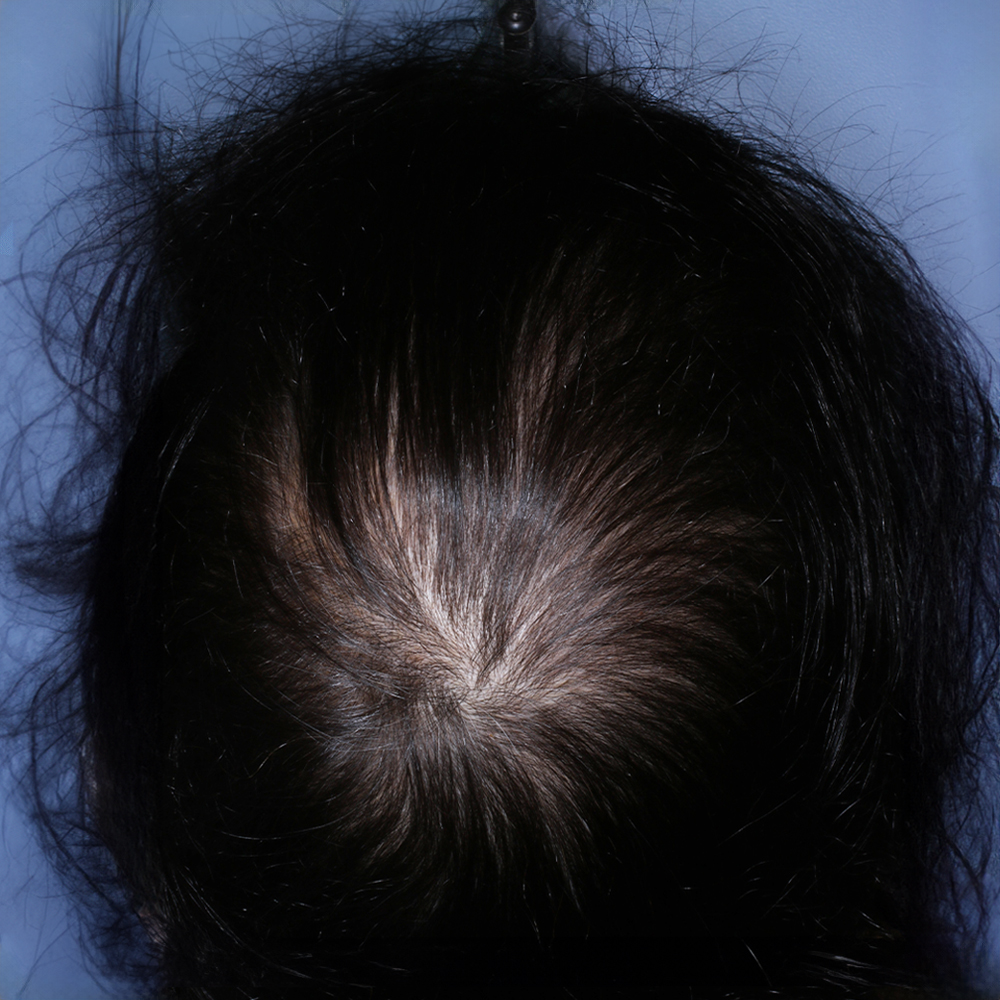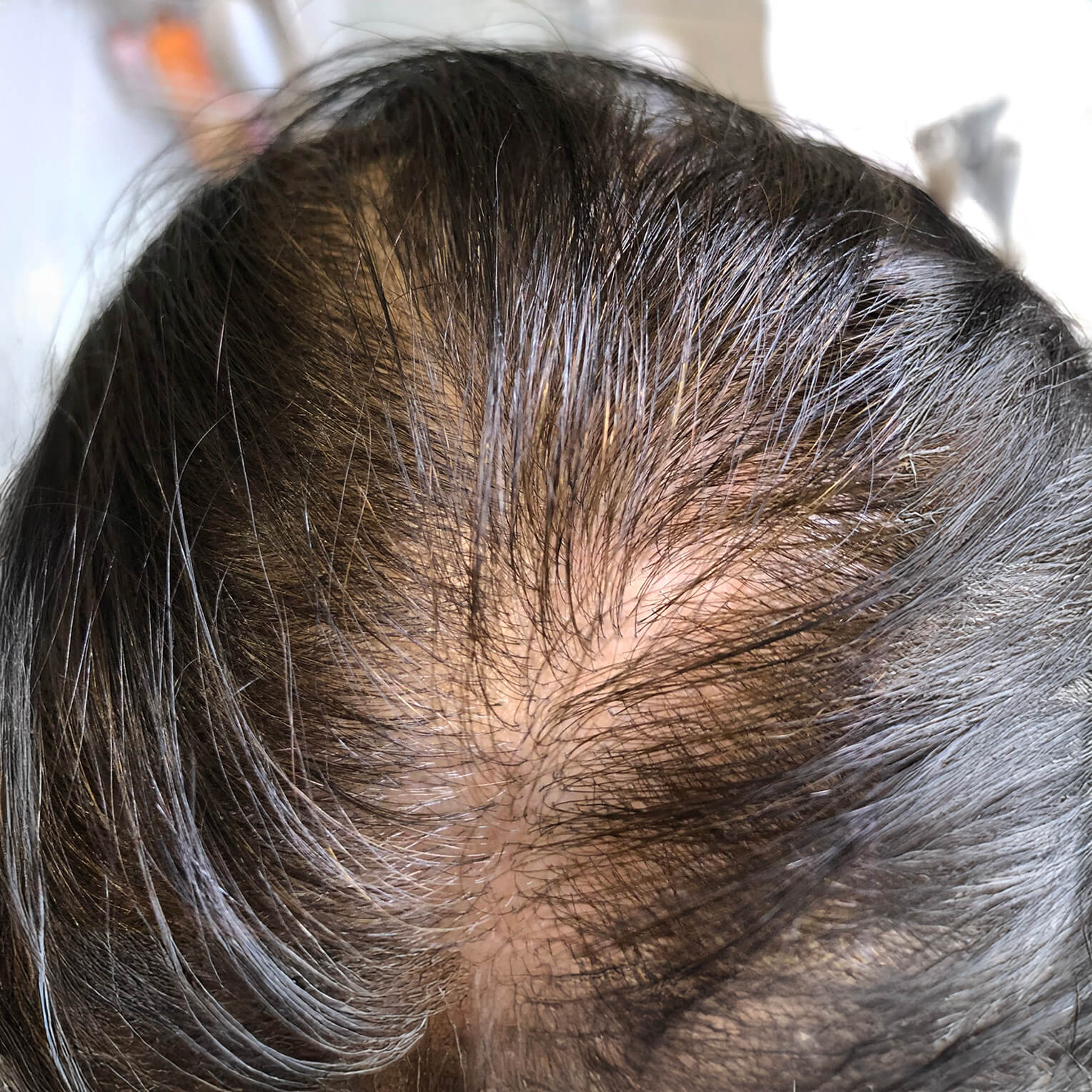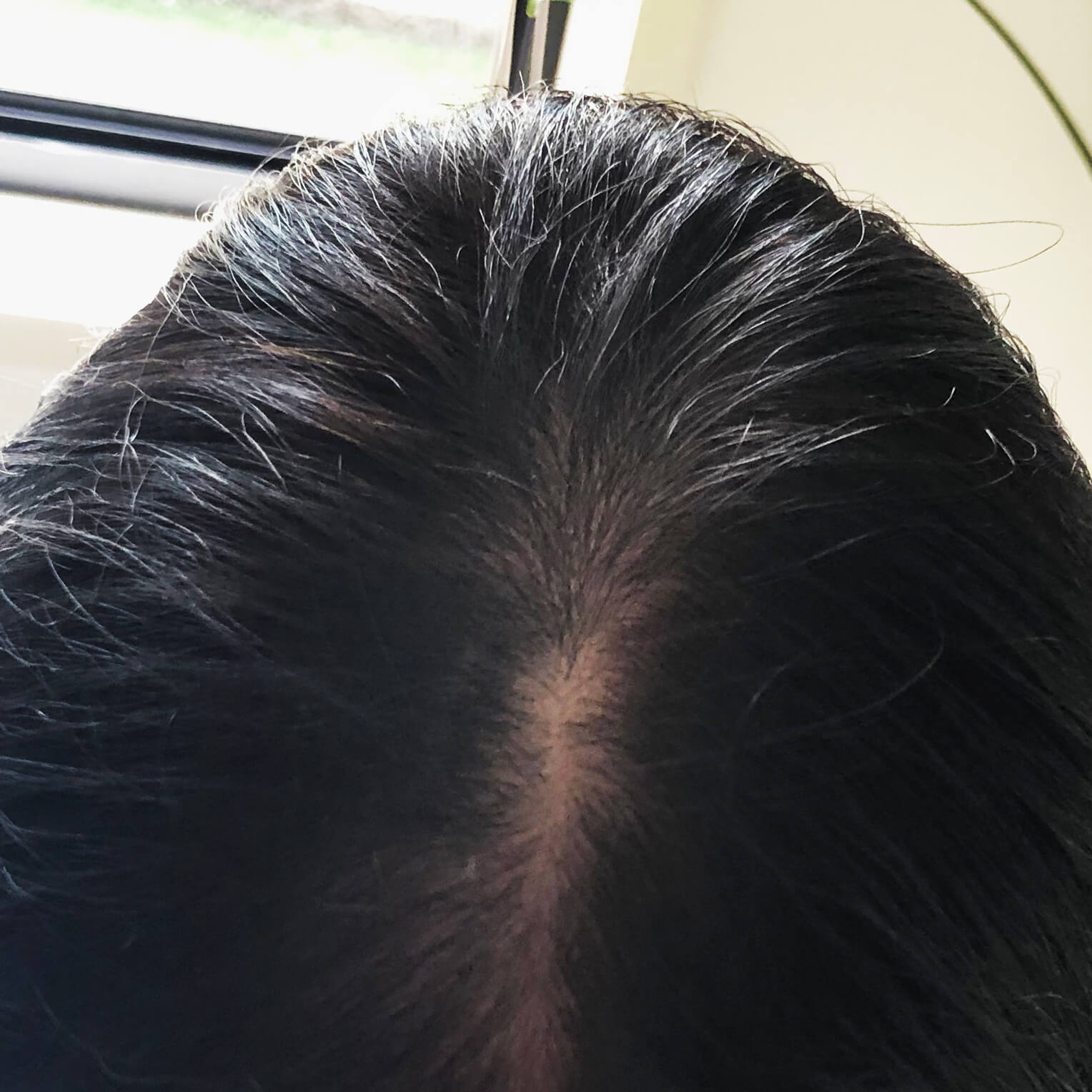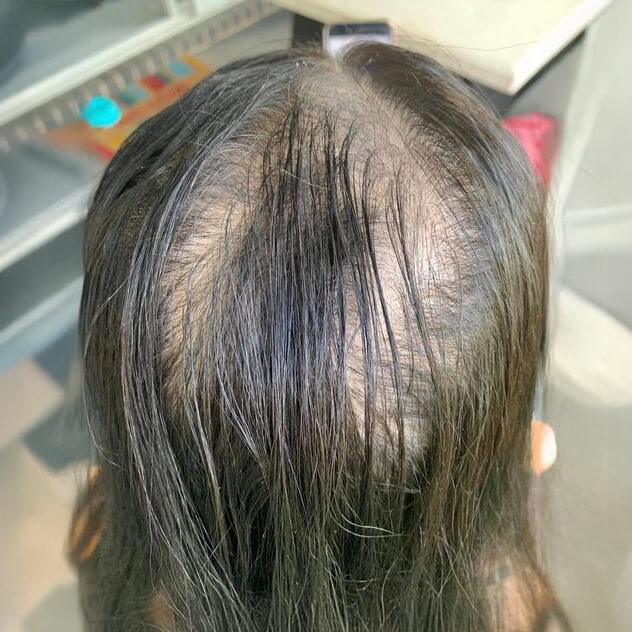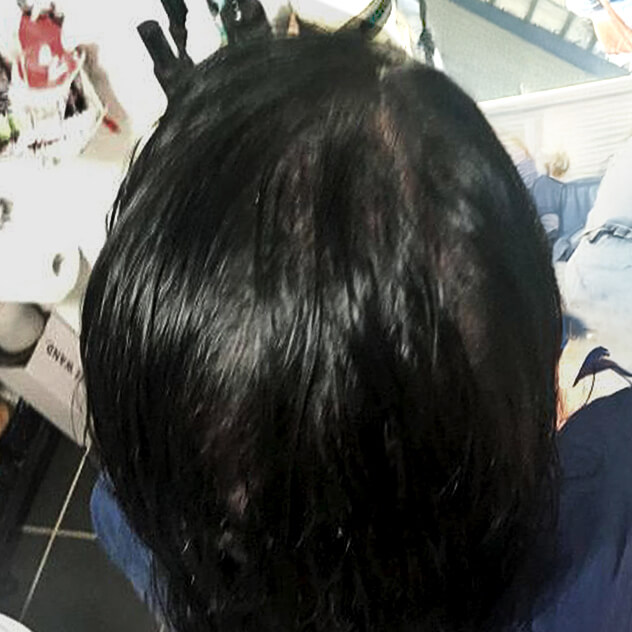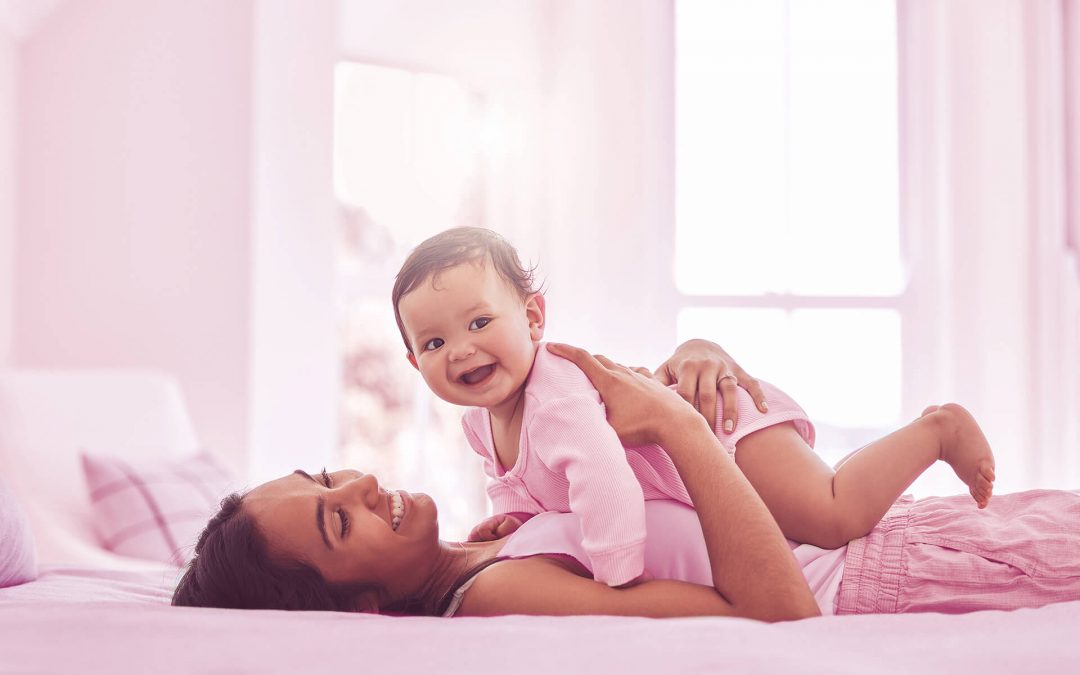The Hairy Pill® for Women
This daily female hair loss treatment uses underlying technology clinically proven to help stop female hair loss and stimulate regrowth — researched and refined by world-renowned Australian dermatologist, Professor Rodney Sinclair. How it works.
The best hair loss treatment for women needs to be made for women. Your truly personalised formula contains only what you need — medical-grade actives to stop hair loss and stimulate regrowth, and/or vitamins and minerals for hair health.
0–3 months: Hair loss may slow or stop. New hairs may begin to push out the old.
3–6 months: Hair shedding may ease. You might even notice new growth.
6–12 months: Your hair may become thicker, fuller, and stronger all over.
Real people. Real results.
Examples indicate results of patients on The Hairy Pill®. Results may vary.
Don’t just take our word for it








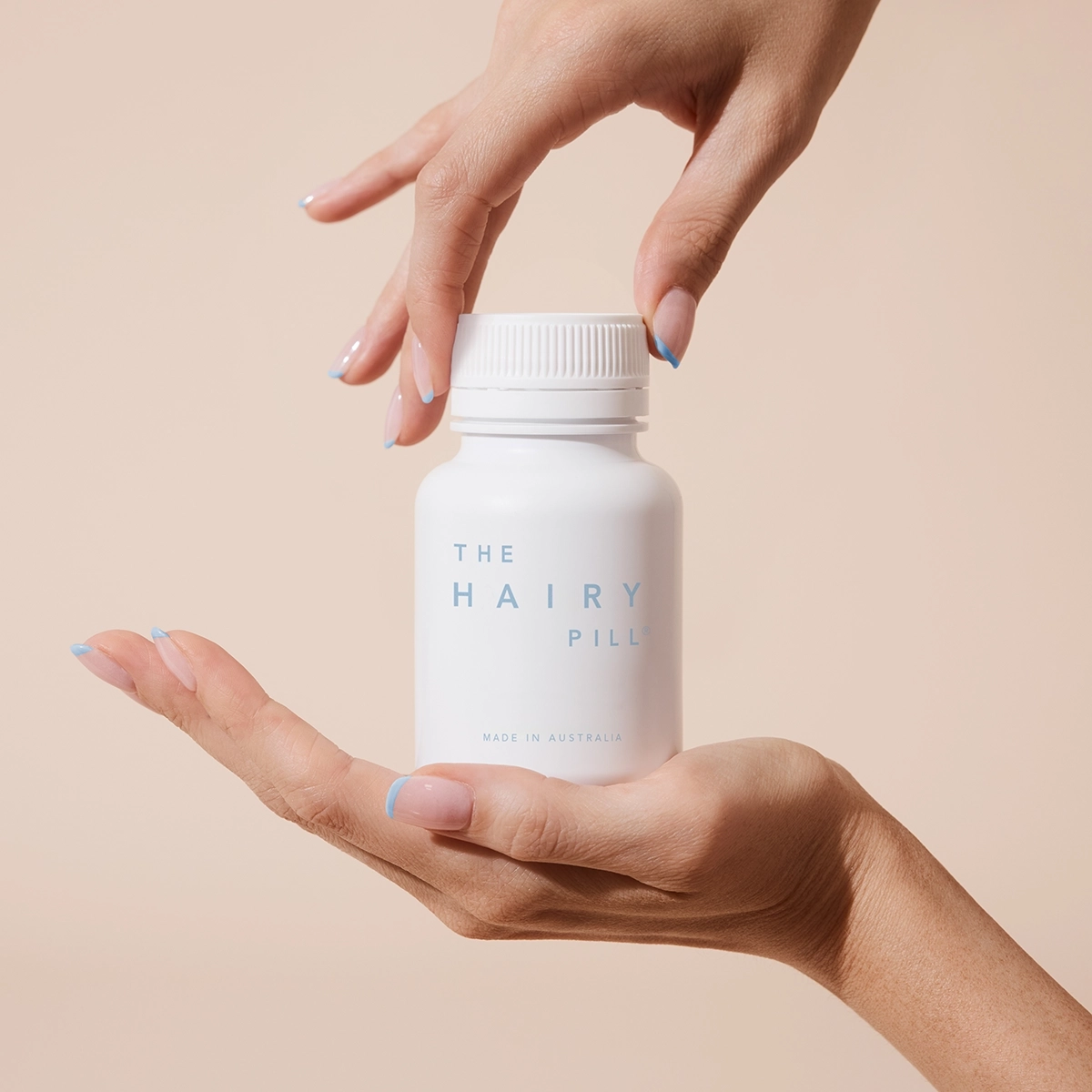
The Hairy Pill® for Women
$75 per month
3 months paid upfront
Or from $10/week with Zip Pay
Pause, delay, and cancel whenever you like.
What about other women’s hair loss treatments?
| Treatments | Efficacy | Average cost | Rating | MoreInformation |
|---|---|---|---|---|
| Oral prescription treatments | Very High |
$
$
$
$
$
|
|
More |
|
Oral prescription treatments for female hair loss offer one of the most effective, scientifically backed solutions available. These treatments contain active ingredients that have been clinically proven to target the root causes of hair thinning, working from within to support long-term hair health. With personalised treatment plans tailored to your specific needs, oral prescriptions offer a comprehensive approach to hair regrowth that goes beyond surface-level solutions. Learn more. |
||||
| Hair transplants | Very High |
$
$
$
$
$
|
|
More |
|
Hair transplants are a high-cost, high-efficacy treatment for female hair loss, often considered a last resort when other options have not provided satisfactory results. This procedure involves transplanting healthy hair follicles from one area of the scalp to bald or thinning spots, with generally positive outcomes. However, it is an invasive and sometimes painful treatment that requires significant recovery time. Given the expense and the nature of the procedure, it’s important to thoroughly explore all available options to find the best solution for your needs. |
||||
| Scalp injections | High |
$
$
$
$
$
|
|
More |
|
Platelet-Rich Plasma (PRP) therapy involves a series of injections into the scalp using your own plasma to stimulate hair follicles and promote hair regrowth. While PRP has shown promising results for some women, especially in the early stages of hair loss, it’s important to note that there is limited research on its long-term effectiveness. The high cost and the fact that studies on sustained results are still lacking mean this treatment should be carefully considered. |
||||
| Topical treatments | Medium |
$
$
$
$
$
|
|
More |
|
Minoxidil is one of the most widely recognised topical treatments for female baldness, offering moderate efficacy for some users. Its active ingredient is thought to improve blood flow and nutrient delivery to hair follicles, helping to support hair regrowth in certain cases. However, topical treatments often require consistent daily application and can be costly over time. While they may offer visible results for some, they don’t work for everyone and may not address the deeper causes of hair loss. |
||||
| Hair loss shampoos | Low |
$
$
$
$
$
|
|
More |
|
Hair loss shampoos often promise thick, luscious locks, and some even include active ingredients that may help stimulate hair growth. However, these products work only on the surface and fail to address the underlying causes of hair thinning or loss. While they can leave your hair feeling healthier, they rarely deliver the transformative results many women seek. For true progress, it’s important to consider options that work from within. |
||||
| Vitamins & supplements | Low |
$
$
$
$
$
|
|
More |
|
While vitamins and supplements are often marketed as miracle cures for female hair loss, they’re only effective if a specific deficiency is causing the problem. For most women, hair thinning isn’t due to a lack of biotin or other nutrients, making these supplements more of a placebo than a solution. Think of it like watering a rainforest—it’s unnecessary and won’t address the root cause of your hair loss. If you’re looking for a more targeted and effective approach, it’s worth exploring treatments backed by science. Learn more. |
||||
| Natural methods | Very Low |
$
$
$
$
$
|
|
More |
|
Can a cup of green tea or a handful of supplements really stop hair loss? While natural remedies for female hair loss often sound appealing, most are rooted in myths or outdated advice rather than science. From herbal teas to DIY treatments, these approaches lack clinical evidence to support their effectiveness. Though inexpensive, natural methods rarely address the underlying causes of hair thinning or loss, leaving many women searching for real, proven solutions that work. |
||||
Opening up the conversation
Finally, a women’s hair loss treatment personalised to you.

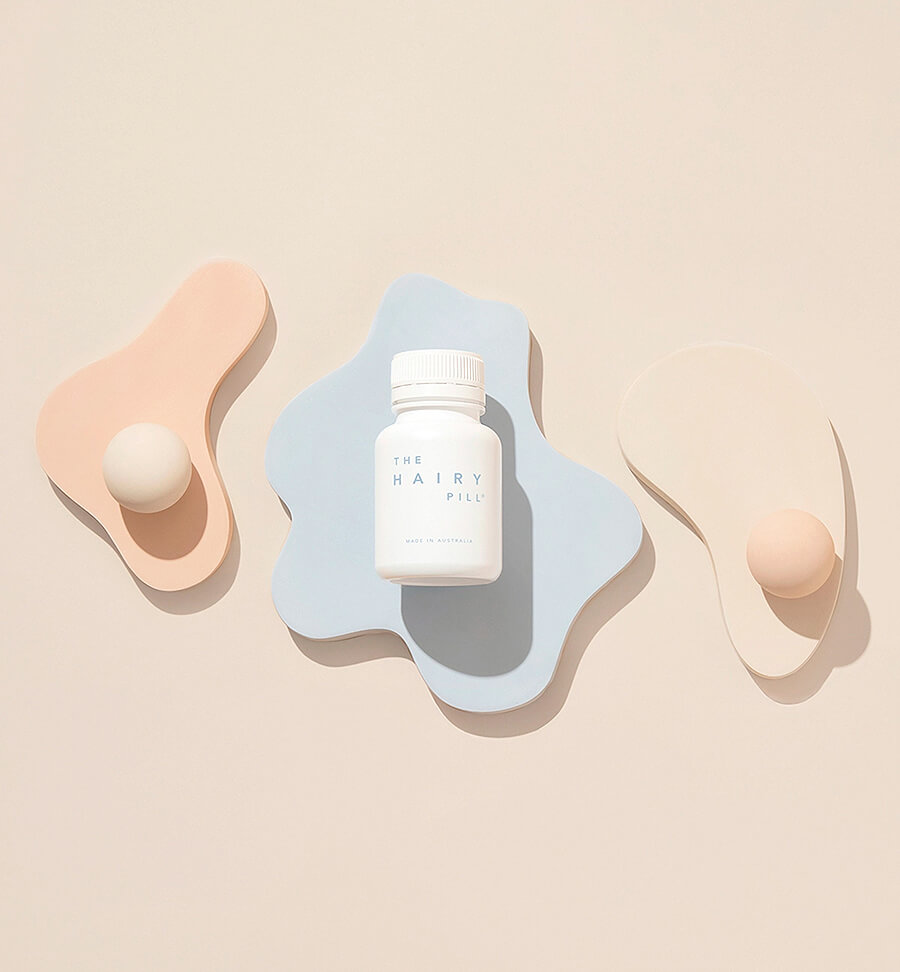
Talk hair loss remedies for women with our partner Australian doctors via free consults.
Tired of Countless, Expensive, and Ineffective Hair Loss Remedies?
Say goodbye to wasting time and money on treatments that don’t deliver results. Many hair loss solutions promise big outcomes but fail to address the underlying causes, leaving you frustrated and out of pocket. The Hairy Pill® offers a clinically proven, personalised approach that targets your hair loss at the root. Backed by extensive research and tailored to your individual needs, it’s time to invest in a solution designed with your hair health in mind —and one that won’t break the bank in the process.

Some useful articles on female hair loss
The Early Signs of Balding: What to Look For and How to Prevent It
If you’re wondering what the early signs of balding are, it’s a good sign. It means that if you do have hair loss, you’ve caught it in its earliest stages. Sure, if you don’t intervene, the result might be barely-there hair (although it’s good to remember that not everybody
Thinning Hair In Women: Why Is Your Hair Falling Out?
Thinning hair is a hairy prospect. You might resist the idea or try to convince yourself that it’s all in your imagination — the thinner ponytail, the clogged shower drain. Let’s put your mind at ease. A certain level of hair loss is normal. Shedding anywhere between 50–100 hairs
Balding in Woman: Can Women Go Bald?
When Deb Jones started to lose her hair in handfuls after a bout of COVID-19, she feared that she would lose it all. Surely, she would eventually end up bald? It’s true, women can go bald. But it’s incredibly rare and looks a bit different to what you might expect. Women
Find Out Why Your Hair Is Thinning and What to Do About It
We get it. You’d probably rather be reading about something other than why your hair is thinning right now. But if you’ve noticed that your hair is thinning out, it’s natural to want to know what’s going on. Nearly everyone’s hair thins out as they age. Your strands become
Hair Loss Stages for Women: What to Look for
Hair loss is rarely ever a pleasant experience but it can be comforting to know that it’s a fairly common one — yes, even among women. In fact, more than 55% of women experience some degree of hair shedding in their lifetime. For most women, the cause of thinning hair is
Hair Loss During and After Pregnancy
Between 40% and 50% of women experience hair loss during or after pregnancy. You’re not alone. Your body is changing and your hair might change with it. It might grow stronger and thicker. It might grow curlier or straighter. Or it might thin out. For most women, the hair loss comes after childbirth
Can Workouts Cause Hair Loss?
A trip to the gym can benefit everything from our physical health to our mental state. But some people might be deterred by the rumours that shredding can lead to shedding — hair shedding. So can workouts cause hair loss? No exercise — bodybuilding, gym workouts, or gentle walks
Menopause Hair Loss: Is it Reversible?
Women experience all sorts of symptoms and bodily changes through menopause. Alongside hot flashes and sleep problems, other symptoms include brittle hair, hair thinning, and menopause hair loss. It’s enough to make your hair curl — figuratively, of course. Naturally, every woman will experience perimenopause and menopause differently. For those
Hair Loss in Teens: Causes and Solutions
We associate the teenage years with an excess of new hair in places where there was none before. The inevitable signs of aging we associate with hair loss feel a long way away. Yet thinning hair and hair loss can be a common experience for many teens. It’s a
What Are the Causes of Hair Loss in Women?
Almost half of all Australian women experience hair loss at some point in their life. Yet we’ve still got a long way to go to understand what causes hair loss in women — and this is critical. With this knowledge, we can provide effective hair loss treatments for women. The role of
The Early Signs of Balding: What to Look For and How to Prevent It
If you’re wondering what the early signs of balding are, it’s a good sign. It means that if you do have hair loss, you’ve caught it in its earliest stages. Sure, if you don’t intervene, the result might be barely-there hair (although it’s good to remember that not everybody
Thinning Hair In Women: Why Is Your Hair Falling Out?
Thinning hair is a hairy prospect. You might resist the idea or try to convince yourself that it’s all in your imagination — the thinner ponytail, the clogged shower drain. Let’s put your mind at ease. A certain level of hair loss is normal. Shedding anywhere between 50–100 hairs
Balding in Woman: Can Women Go Bald?
When Deb Jones started to lose her hair in handfuls after a bout of COVID-19, she feared that she would lose it all. Surely, she would eventually end up bald? It’s true, women can go bald. But it’s incredibly rare and looks a bit different to what you might expect. Women
Find Out Why Your Hair Is Thinning and What to Do About It
We get it. You’d probably rather be reading about something other than why your hair is thinning right now. But if you’ve noticed that your hair is thinning out, it’s natural to want to know what’s going on. Nearly everyone’s hair thins out as they age. Your strands become
Hair Loss Stages for Women: What to Look for
Hair loss is rarely ever a pleasant experience but it can be comforting to know that it’s a fairly common one — yes, even among women. In fact, more than 55% of women experience some degree of hair shedding in their lifetime. For most women, the cause of thinning hair is
Hair Loss During and After Pregnancy
Between 40% and 50% of women experience hair loss during or after pregnancy. You’re not alone. Your body is changing and your hair might change with it. It might grow stronger and thicker. It might grow curlier or straighter. Or it might thin out. For most women, the hair loss comes after childbirth
Can Workouts Cause Hair Loss?
A trip to the gym can benefit everything from our physical health to our mental state. But some people might be deterred by the rumours that shredding can lead to shedding — hair shedding. So can workouts cause hair loss? No exercise — bodybuilding, gym workouts, or gentle walks
Menopause Hair Loss: Is it Reversible?
Women experience all sorts of symptoms and bodily changes through menopause. Alongside hot flashes and sleep problems, other symptoms include brittle hair, hair thinning, and menopause hair loss. It’s enough to make your hair curl — figuratively, of course. Naturally, every woman will experience perimenopause and menopause differently. For those
Still Sceptical? Your FAQs
What causes female hair loss?
The most common reason your hair might be thinning is hereditary hair loss, also called female pattern hair loss. You’re not alone and it’s not uncommon: Almost half of all Australian women will experience some hair loss in their lives.
Other causes of female hair loss include overstyling, autoimmune conditions, hormonal changes (such as menopause or pregnancy), infection, medical treatments or medication, or poor nutrition.
Can stress cause women’s hair loss?
Stress can cause hair loss in women, but it has to be pretty severe to make an impact. All hairs eventually fall out. It’s a natural part of the hair growth cycle. But an intensely stressful event may force many of your hair follicles to shed hair prematurely. This type of hair loss is called telogen effluvium.
Events that may cause hair loss from stress include major surgery, excessive weight loss, childbirth, illness, job loss, divorce, or a death in the family.
Fortunately, hair loss from stress is typically temporary. Within a few months of the stressful event ending, your hair usually recovers and returns to normal.
What hormone causes women’s hair loss?
This may come as a surprise to you but it’s the same hormone that causes male hair loss: testosterone. Or more specifically, dihydrotestosterone (DHT). Enzymes convert free testosterone into DHT, which is known to shrink hair follicles and make it harder for hair to grow.
Compared to males, females have a tiny amount of testosterone in their body but it’s still enough to cause hair loss.
How to prevent female hair loss?
It depends on the type of hair loss. Some types of hair loss can be caused by behaviour, which means lifestyle changes may help prevent hair loss.
Eating a balanced, nutrient-rich diet ensures that your hair follicles get the vitamins and minerals they need to grow healthy hair. Getting enough sleep and exercising regularly can help reduce stress.
You may want to consider quitting smoking, which is known to restrict your blood vessels and may impede the delivery of oxygen and nutrients to your follicles. On the other hand, scalp massages may improve blood flow to the scalp.
Staying on the scalp, try to avoid tight hairstyles like braids and limit your use of heat tools.
If you’re worried about genetic hair loss, the best thing to do is consider hair loss medication. Women’s hair loss treatments, including The Hairy Pill®, are available to help prevent hair loss in the early stages and to even halt hair loss and stimulate regrowth in the later stages.
How to reduce hair loss in females?
If you believe you may have female pattern hair loss and you want to reduce the fallout (no pun intended!), the best thing you can do is take action. The earlier you do something about it, the better.
A hair loss doctor or dermatologist can assess your hair and provide some advice about the best way forward. This may include recommending prescription hair loss medication for women or one of the alternative treatments we listed above.
Tackling hair loss in the early stages gives you a good chance of both stopping hair loss and regrowing your hair. However, if you leave it too long, the hair loss may be permanent.
Can women’s hair loss be reversed?
Now for some good news, women’s hair loss can be reversed, particularly if it is caught early.
Sometimes hair loss will reverse on its own and won’t require treatment. For instance, after pregnancy or menopause, you may want to give your body some time to see if your hair will recover.
If you experience hair loss with no obvious cause other than aging, it’s more likely you have progressive and ongoing hair loss. You may be a candidate for prescription hair loss medication or a hair fall treatment for females.
What is the most effective treatment for women’s hair loss?
A cluttered bathroom cabinet and still no results? With all the options out there, it can be hard to know what really works.
Hair loss shampoos, vitamins, and supplements may help, particularly when it comes to nourishing your hair follicles.
But if you have genetic hair loss, you may need something a little stronger — something with active ingredients designed to stop hair loss and stimulate regrowth.
When it comes to active ingredients, minoxidil is considered to be one of the best hair loss treatments for women. If you’d like to know what’s in The Hairy Pill®, you’re welcome to reach out.
Can I take The Hairy Pill® if I’m trying to conceive, pregnant or breastfeeding?
No, sorry! Many women’s balding treatments are not safe to take when trying to conceive, pregnant or breastfeeding and The Hairy Pill® is no different.
Once you’ve finished breastfeeding, we’d love to welcome you on board. If you have any further questions about this topic, you’re welcome to reach out.
Can I cancel my subscription once my hair grows back?
Yes, there are no lock-in contracts and you are free to cancel your subscription any time. Just be aware that stopping treatment may reverse the progress you have made with your hair growth.
If you used The Hairy Pill® to expedite hair growth for a temporary hair loss condition (such as pregnancy hair loss), you can stop treatment without losing your new growth.
Something else you want to know?
Give us a call (03) 8899 6322
Stay in the Loop
Sign up for some more information and exclusive offers.
Find out everything you need to know about hair loss. It’s a hairy subject, but a good one.
"*" indicates required fields

